We will always remember the moments when we understood that we were in the midst of a pandemic: the masks, staying home, working from home if possible, and when health care providers became our heroes… We will also remember the moments when we began believing that the end of COVID-19 was truly in sight.
These milestones have had and have now, big impacts on children. We are concerned about how much academic loss school age children have suffered. Will they ever catch up, we wonder? Will they still acquire vital social-emotional skills so necessary for healthy relationships? Our littlest children, who would have attended pre-school or been in childcare homes and centers, may have been at home to ensure their safety for a year or more.
Many children went to school some of the time, but not all of the time, and some very young children were in childcare set up as “hubs” that were able to take broader ages of children, whose parents had to continue to work outside the home, including healthcare providers.
As Vermont’s children and youth go to camp, summer programs of all sorts, and back to childcare, we need to be aware that they too have been through a very different and sometimes very difficult year. Some of them are behind academically. Some may have regressed or just not be where we would otherwise anticipate they would be socially and emotionally. They may feel stressed, anxious and generally uncomfortable with in-person peers in group settings and with adults who are not their family members.
Some children and youth may have borne the brunt of their parents’ frustrations, significant stress and fears about money, food, bills, housing, health, mental health, work and potential job loss. Parents who struggled with huge problems may have taken their stress out on their children physically and or emotionally. Some may have crossed boundaries and even sexually abused or turned a blind eye to paramours, or sitters who were deemed essential to parents financially.
Some children and youth, because they had lots of access to computers and phones for school work, and for connection with friends and family, may have encountered unanticipated online pornography and or luring by predators. According to the National Center for Missing and Exploited Children, online predation nearly doubled during the pandemic. Predators are very skilled at pretending to be a peer, pretending to care about the child’s interests and needs.
Some youth may have agreed to “sexting”, as a way to feel like they were in a loving relationship with a peer. “Sexting”, which can seem like a part of today’s romantic relationships, can turn into a nightmare when youth’s images are shared or threatened to be shared with others. That becomes “sextorsion”. It is almost impossible to erase these pictures. Victims of “sextortion” may continue to be victimized for years as these images may never go away. This kind of coercion and or black mail may well be a crime.
As children and youth come back out to play, learn and grow in the Vermont summer, fall and winter ahead, it is up to us all to be extra aware, patient and supportive to them. Some will need extra care and help from teachers, camp counselors, early childhood professionals, mentors, health, mental health providers and relatives. It may take some time possibly years to unpack all that has happened to some children and youth during this pandemic. Children are not usually quick to report abuse, fearing they will get in trouble, get others who they may care about and depend on in trouble… so they keep it to themselves and suffer. Please join in the healing as it will truly “take a village”.
For support call the Vermont Parents Helpline, 1 800 CHILDREN, 211, or to report the suspicion of child abuse or neglect call the Vermont Department for Children and Families at 1 800 649 5285.

